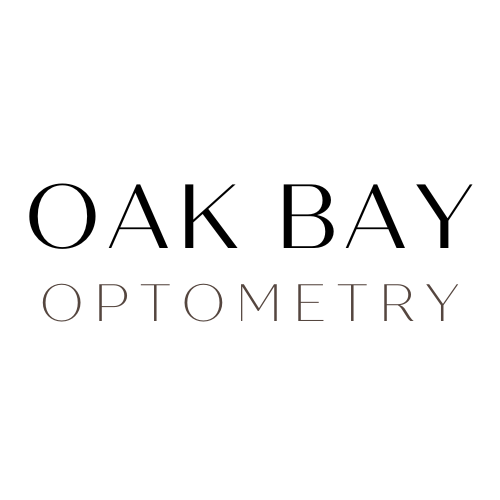Macular Degeneration
PREVENTION PROGRAM
Age-Related Macular Degeneration, AMD for short, is the leading cause of blindness in North American adults over the age of 55. It is something that we monitor for in every full eye health examination, as symptoms don’t show until the condition is quite progressed, and vision that is lost cannot be regained. A full eye-health exam will catch early signs of the condition, so we can help minimize the loss of vision associated with the condition.
We have established protocols for detecting, treating, and monitoring macular degeneration. For those patients with early AMD, we will work to slow the process down and save as much central vision as possible. More severe cases will be referred to a retinal specialist, which will provide a treatment plan that may involve our clinic monitoring the condition. Our care provides a personalized plan based on the most up to date research on AMD prevention.
Risk Factors for Age-Related Macular Degeneration
- Smoking
- Extensive UV exposure
- Lack of certain vitamins and nutrients
- Lack of activity
Preventative Lifestyle Changes
- Follow a healthy lifestyle and have proper UV protection or your eyes.
- A diet high in green leafy vegetables, yellow and orange fruit, fish, and whole grains all have important nutrients which can help your vision.
- A proper pair of sunglasses that is well fitted and offers UV exposure is also important to wear in all conditions – even on overcast days.
Macular Degeneration Prevention Program
A baseline image of your maculas will be obtained using a retinal camera and an Ocular Coherence Tomographer (OCT).
The retinal camera provides sharp digital images of the surface of the macula. The OCT provides more information about the macula by detailing all of the separate layers of the central retina. This advanced technology allows us to detect more subtle changes in the health of the macula, often before any changes in vision are noticed. This means that disease progression can be caught, and dealt with sooner.
Depending on our findings, a personalized care plan is proposed for your needs. The care plan will include follow-up appointments, retinal photos and/or OCT scans, and will be scheduled at 3, 6, or 12 month intervals to reassess the macula and give further counselling regarding macular health. We want to do everything that we can to protect your central vision.
For more information on what Age-Related Macular Degeneration is, check out our blog post with video: Age Related Macular Degeneration
